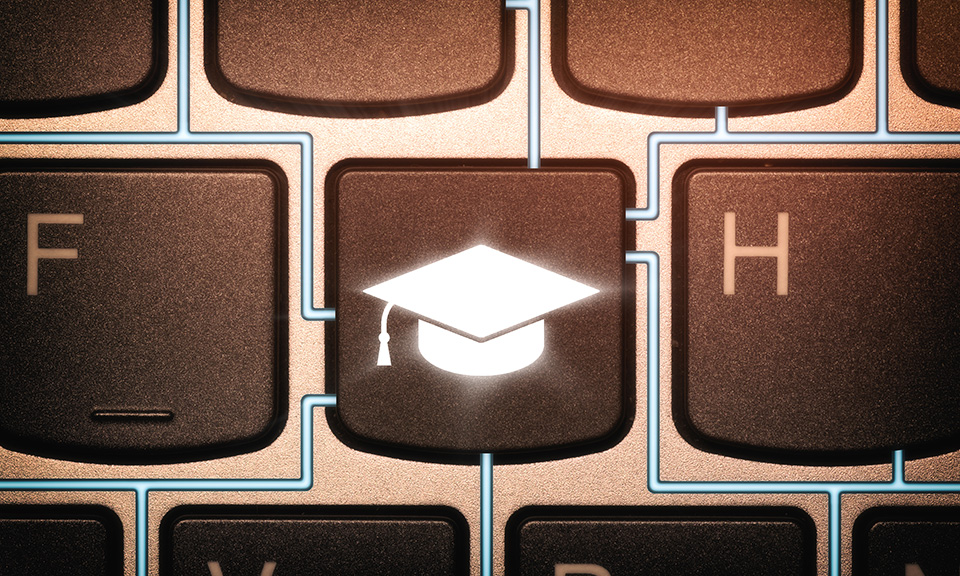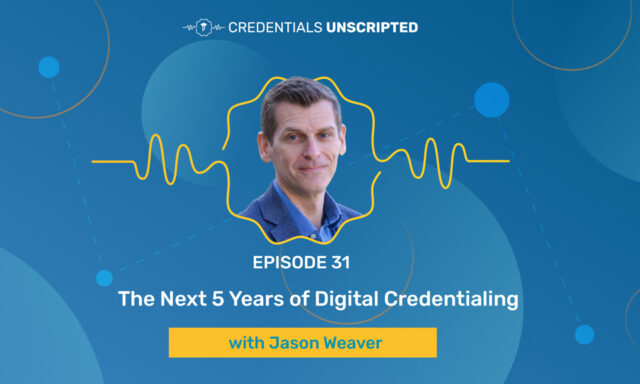Graduation ceremonies have long been a cherished tradition, a milestone moment marking the transition from student to professional. But as the Class of 2025—the first truly digital-native generation—prepares to enter the workforce, graduation celebrations are evolving. No longer just about the physical cap and gown, today’s learners are expecting digital-first experiences that align with their tech-driven lives.
From live-streamed commencements to digital diplomas and shareable celebrations, the future of graduation is shifting toward a more modern, accessible, and eco-friendly approach.
1. The Rise of Digital Commencements
As higher education institutions adapt to the expectations of digitally savvy learners, graduation ceremonies are starting to embrace technology in new and exciting ways. One notable trend is the rise of digital commencements. These virtual ceremonies offer a flexible, accessible option for students and families who may not be able to attend in person.
Digital commencements often feature livestreams, real-time chat functions, and even social media integrations, allowing graduates to share their achievements with a wider audience. Schools can broadcast speeches and award conferrals to a global audience, providing an inclusive and engaging experience for graduates regardless of their location.
But it doesn’t stop there. Gen Z graduates are all about personalization and interactivity, so many digital ceremonies now incorporate unique features like personalized slides, custom avatars, and interactive elements that make the event feel tailored to the individual. It’s an experience that allows them to celebrate in real time, while also creating moments they can share instantly across their digital networks.
2. Shareable Celebrations: Social Media’s Role in Graduation
For the Class of 2025, graduation is not just about walking across the stage—it’s also about sharing their achievement online. With platforms like LinkedIn, Instagram, and Twitter, graduates are eager to broadcast their success with their network of family, friends, and future employers. Social media has become an integral part of modern graduation ceremonies, providing an opportunity for graduates to showcase their credentials with pride.
Enter the digital diploma—a verified, shareable version of the traditional paper diploma that can be posted instantly to social media profiles. Digital diplomas allow students to celebrate their accomplishment immediately after the ceremony, tagging friends and family, and adding their new credentials to their LinkedIn profiles with just a few clicks. This shareability is key for Gen Z, who thrives on digital engagement and quick, seamless experiences.
3. Eco-Friendly Graduations for Environmentally Conscious Learners
Another critical factor in the future of graduation ceremonies is sustainability. Gen Z is one of the most environmentally conscious generations to date, with many students passionate about reducing waste and minimizing their carbon footprint. Traditional paper diplomas, mailed weeks after the ceremony, not only delay the celebration but also contribute to unnecessary paper usage.
Digital diplomas provide a green alternative that aligns with the values of this generation. By eliminating the need for paper printing, postage, and packaging, digital diplomas offer a sustainable solution that both universities and graduates can feel good about. Institutions can significantly reduce their environmental impact while providing students with a more efficient, eco-friendly credentialing experience.
The Shift to Digital Diplomas: Meeting the Expectations of Modern Graduates
As graduation ceremonies continue to evolve to meet the needs of digital-first learners, higher education institutions must be ready to offer the credentials this generation demands. Parchment Diploma Services enables institutions to provide secure, verified, and shareable digital diplomas, ensuring that graduates can celebrate their achievements online, instantly. With digital diplomas, students receive their credentials right away, reducing paper waste and providing a seamless experience for a tech-driven generation.
Ready to modernize your institution’s graduation experience?
Learn more about how Parchment Diploma Services can help you meet the needs of today’s digital-first learners.
Discover Parchment Digital Diplomas




